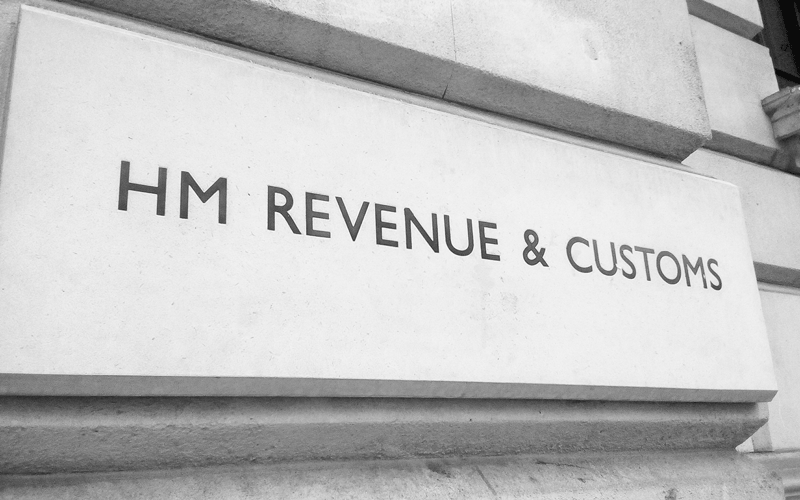Loan Charge campaigners ‘frustrated’ as HMRC ‘airbrushes’ history

The Loan Charge Action Group (LCAG) has reinforced its calls for a parliamentary inquiry as the loan charge continues to weigh heavily on Westminster.
Activists said the Treasury Committee, writing to HM Revenue & Customs (HMRC) seeking information on the developments, has criticised the committee’s recent interventions as “little more than a tick-box exercise”, which was brought about by recent coverage of the Loan Charge. The committee must go further and announce a parliamentary inquiry, the LCAG said.
The Loan Charge was introduced in the Finance (no. 2) Act 2017 and is a charge on all payroll remuneration through loans made since 1999, in the form of a 45% charge on all loan payments in that time. This charge is levied as a back tax and demanded by HMRC in one tax year, 2019-20.
It has been linked to 10 suicides so far and a number of other suicide attempts, while government has resisted pressure to overturn the policy or start an inquiry into a matter that has affected tens of thousands of people.
“It is frustrating that instead of holding a full select committee inquiry to hear evidence from those facing the Loan Charge and tax sector professionals, the Treasury select Committee has merely written to HMRC,” Steve Packham, spokesperson for the LCAG, told Sky News.
“What is needed is a full select committee inquiry and we urge committee members to announce one and call a variety of witnesses, including those whose lives have been ruined by HMRC's approach.”
The Treasury Committee had sought to understand HMRC’s efforts on tackling the Loan Charge, scale and demographics of the issue, its progress on settling related debts, the actions taken to tackle promotion of tax avoidance schemes and the efforts to prevent tax avoidance.
In the letter to the Treasury Committee, HMRC said it does not expect anyone to pay more than half their disposable income after living expenses up to £3k per month. Expenditure deducted in calculating disposable income includes household bills, and other reasonable expenses, for example, gym membership, healthcare plans and private school fees.
Jim Harra, first permanent secretary and CEO to HMRC, added in the letter that the organisation didn’t have estimates of who signed up for the Loan Charge scheme “unwittingly” and that 70% of users did so for two years or more.
Harra also said that the median settlement for individuals is £19k and for employers is £205k, which covers taxes, interest and penalties due. Around 40,000 individuals and 5,000 employers have not settled with HMRC, according to Harra, while 1,200 taxpayers are currently discussing a settlement with HMRC.
He added that the prevalence of the scheme was highest in London and the South-East, with users earning on average twice as much income as the average taxpayer.
Harriett Baldwin, chair of the Treasury Committee, said: “Many of my colleagues have raised concerns about the implementation and management of the Loan Charge by HMRC. As a Committee, we believed it was important that we got answers both for our fellow MPs and their constituents.
“I hope the information contained in Mr Harra’s response makes a useful contribution to the public debate.”
However, Baldwin’s reply was slammed by fellow Conservative Greg Smith MP – co-chair of the Loan Charge All-Party Parliamentary Group (APPG), who said that HMRC is “airbrushing the whole mess” and giving a “false impression” that it warned users of the scheme.
“The reality is that they failed to police the contracting sector and failed to warn contractors and then invented the Loan Charge so they go back retrospectively, but targeting only the workers, not those who operated the schemes,” he claimed.
“With 10 confirmed suicides and 13 attempted suicides, as well as countless lives already ruined, the Treasury Select Committee should also seek evidence from other parties, to get a more realistic picture of the whole Loan Charge Scandal.”
Meanwhile, Labour shadow chancellor Rachel Reeves has said that Treasury reform will be front and centre of her election campaign.
In a lecture at the City University’s Bayes Business School, she reiterated that Labour’s plan for growth is to be built on three pillars: stability, investment and unlocking the untapped potential of Britain’s workers.
Reeves said that the last Labour government to come to power in 1997 established enterprise and growth within the treasury and she would see that her first 100 days would reinforce that.
“So, we will build on that success,” said Reeves. “Hardwiring economic growth into budget and spending review processes, with a reformed and strengthened enterprise and growth unit augmenting the existing so-called ‘fiscal triangle’.”
Reeves has previously said on the LBC Iain Dale radio show that the party would commit to an independent review on the Loan Charge if Labour wins the next general election.
• Comment below on this story. Or let us know what you think by emailing us at [email protected] or tweet us to tell us your thoughts or share this story with a friend.




